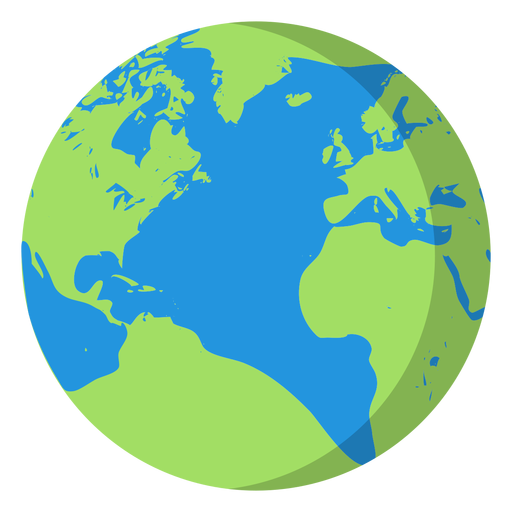
Startup10 Program
TIEC is partnering with CIHEAM Bari to execute Startup10 program in Egypt. The program aims to encourage the development of local start-ups operating in the green and blue economy sectors and involved in digitalization processes.

About the Program
TIEC is partnering with CIHEAM Bari (the implementing body of the programme) to execute Startup10 program in Egypt. The program is funded by the Italian Ministry of Foreign Affairs and International Cooperation (MAECI). Startup10 aims to encourage the development of local start-ups operating in the green and blue economy sectors and involved in digitalization processes.
The program is implemented in ten (10) Italian cooperation partner countries (Albania, Algeria, Bosnia-Herzegovina, Egypt, Ethiopia, Jordan, Kenya, Lebanon, Tunisia and Uganda) in partnership with a total of 22 incubators.
Seven startups in green and blue economy sectors are going to be incubated at TIEC to participate in a 6-month coaching program. At the end of the program, candidates will have the opportunity to pitch their product/ service to a jury, composed of national and international experts and a member of CIHEAM Bari Coordination team, who will choose one winner.
The winner will have the opportunity to join the community of Italian companies and to benefit of an additional 3-month period of collaboration (Open Innovation Program) with one of them in his own country and of vouchers up to €5.000,00 to be used in the form of support tools, training, coaching, services and equipment to be validated, together with the Coordination team of CIHEAM Bari.
Evaluation and Selection Criteria
- Newly established by one or more entrepreneurs to create unique and irreplaceable products or services and formally registered not less than 1 year of the application deadline (April 30, 2024).
- Applications are done in the name of a company. Personal applications will not be accepted.
- If the company has not gone to market yet, the company must prove that it has validated their project (product/service) and their markets by showing concrete steps undertaken and their results.
- Applicant needs to demonstrate that it is bringing an innovative and feasible project in the field of green economy/blue economy and should be ICT based or Enabled, with a particular focus on at least one of the following topics:
Innovative models and tools for the management of water, soil, land, animals, trees.
Adoption of agricultural practices that minimize the use of harmful chemicals, preserve biodiversity and promote environmental sustainability.
The broad range of decision support software and high-performance hardware technologies, that include sensors, cameras, drones and UAVs, image processing, AI, and data-analytics., used for precision irrigation, integrated pest management, yield forecasting, and farm management. The broad range of decision support software and high-performance hardware technologies, that include sensors, cameras, drones and UAVs, image processing, AI, and data-analytics., used for precision irrigation, integrated pest management, yield forecasting, and farm management.
New technology helping farmers for protecting the crops from pests & diseases, non-toxic and environmentally friendly.
Genetics & Breeding Agricultural science including genetic engineering, molecular markers, molecular diagnostics, vaccines, and tissue culture, to modify living organisms (Breeding): plants, animals, and microorganisms.
Technologies that enhance the management, welfare, and value of livestock and poultry, covering applications from breeding and feeding systems to animal health and cattle monitoring.
Building robotics, machinery, and equipment used to automate farm work, harvest crops and to sort it.
New food products or production processes in order to find more nutritious and healthy food.
Crops that have been prioritized as “Future Smart Foods” because they are nutritionally dense, climate-resilient, economically viable, and locally available or adaptable food crops.
Solutions utilizing space, light, soil, and water in non-traditional ways to grow crops in places and conditions that were hitherto impossible, as vertical and indoor farming systems, based on aero, aqua or hydroponic systems.
Solutions that handle cleaning, sorting, processing, packing and storing of produce to secure, improve or maintain the quality of the produce following harvest, including freezing and thawing, biodegradable packaging and environmentally friendly coverings.
New business models to shorten and simplify the supply chain by connecting the farm to the end consumer.
Smart systems optimizing irrigation by utilizing sensors, data and sophisticated software.
Smart systems optimizing irrigation by utilizing sensors, data and sophisticated software.
Adopt fishing practices that preserve marine resources and avoid overfishing
The management, welfare and value of fish, algae and other water-based organisms. Solutions including breeding, feeding, monitoring systems and disease management.
Promotion of responsible tourism that respects rural, marine and coastal ecosystems.
Development and adoption of clean energy sources such as solar, wind, hydroelectric and geothermal waves and tides; implementation of technologies and practices aimed at reducing energy consumption.
Development of efficient public transport systems, low-emission vehicles and sustainable mobility solutions.
Construction of buildings with eco-friendly materials and low environmental impact technologies.
Tools and applications to improve awareness towards a sustainable diet
Digital business transition and digital support to the green and blue economy
How to Apply
Program Timeline and Rules
- Application deadline: 30th of April 2024.
- Announcing the selected 7 startups: 10th of May 2024.
